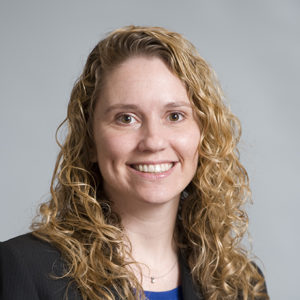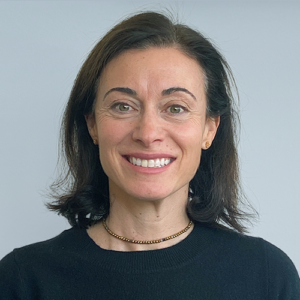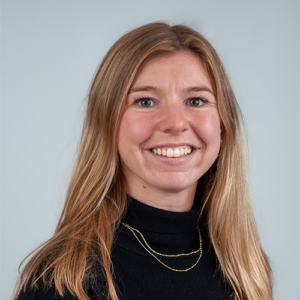Virtual Group Fitness and Nutrition Intervention:
Testing the feasibility and effectiveness of an intervention for individuals with schizophrenia spectrum illnesses
Individuals with schizophrenia spectrum disorders (SSD) face high rates of cardiovascular disease due to various illness, treatment and lifestyle factors. For many individuals, lack of access to nutrition education and exercise spaces, low social support for diet and exercise goals, and adverse social determinants of health make it challenging to implement lasting lifestyle behavioral changes. These barriers have been exacerbated by the COVID-19 Pandemic. This study offers a virtual lifestyle intervention designed to increase social support and provides virtual access to physical fitness and nutrition education using a wait-list control design, so that all participants will receive the intervention.
PROJECT STATUS

This study is currently in the data analysis stage.
AIMS
This study has three primary aims:
1) To assess changes in physical activity, physiological measures, and psychological well-being,
2) To assess feasibility of the intervention using a participant satisfaction questionnaire and attendance rates, and
3) To explore the effects of exercise on functioning and quality of life.
METHODS
This pilot study is being conducted in collaboration with colleagues at Boston Medical Center. All participants will participate in an 11-week non-intervention period and an 11-week intervention period in this randomized, open, two-period cross-over trial. During the intervention period, participants will attend a weekly, virtual 30-minute group fitness class followed by a virtual 45-minute nutrition education class. To track progress, participants will complete assessments at week 11, week 22, and week 33.
RESULTS
This project is currently in the data analysis stage and our colleagues at BMC are leading data analysis and manuscript preparation.
COE PROJECT STAFF

Abigail Donovan, MD
PRINCIPAL INVESTIGATOR

Corinne Cather, PhD
CO-INVESTIGATOR

Julia London, BA
CLINICAL RESEARCH COORDINATOR
Additional Collaborators
Hannah Brown, MD; LIsa LeFeber, BA
Funding
Funding for this project was provided by the MGH COE/Massachusetts Department of Mental Health.